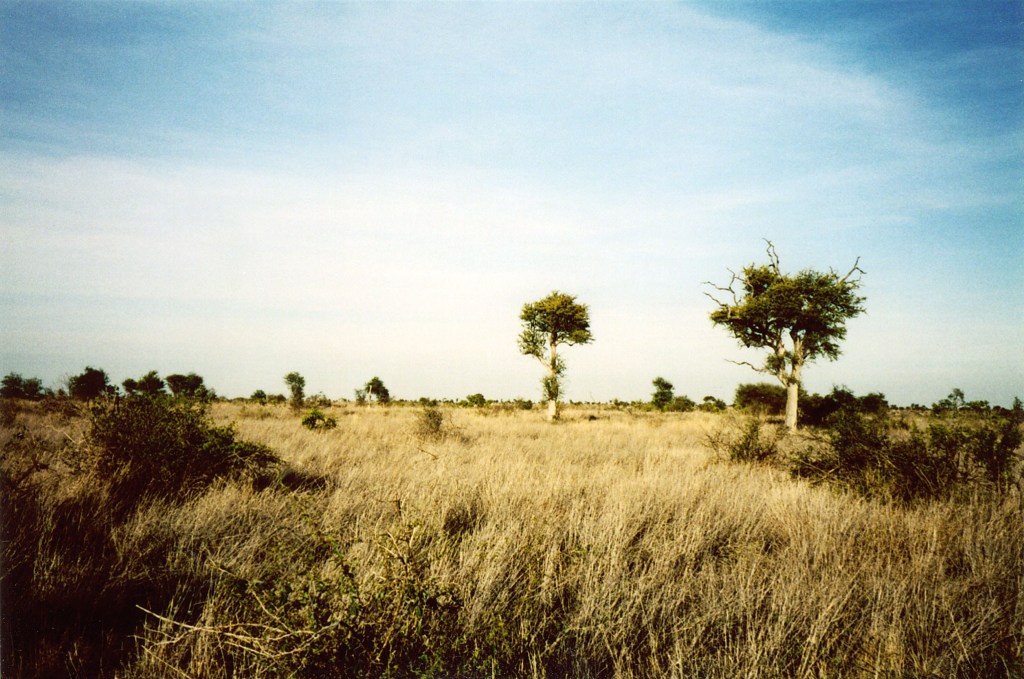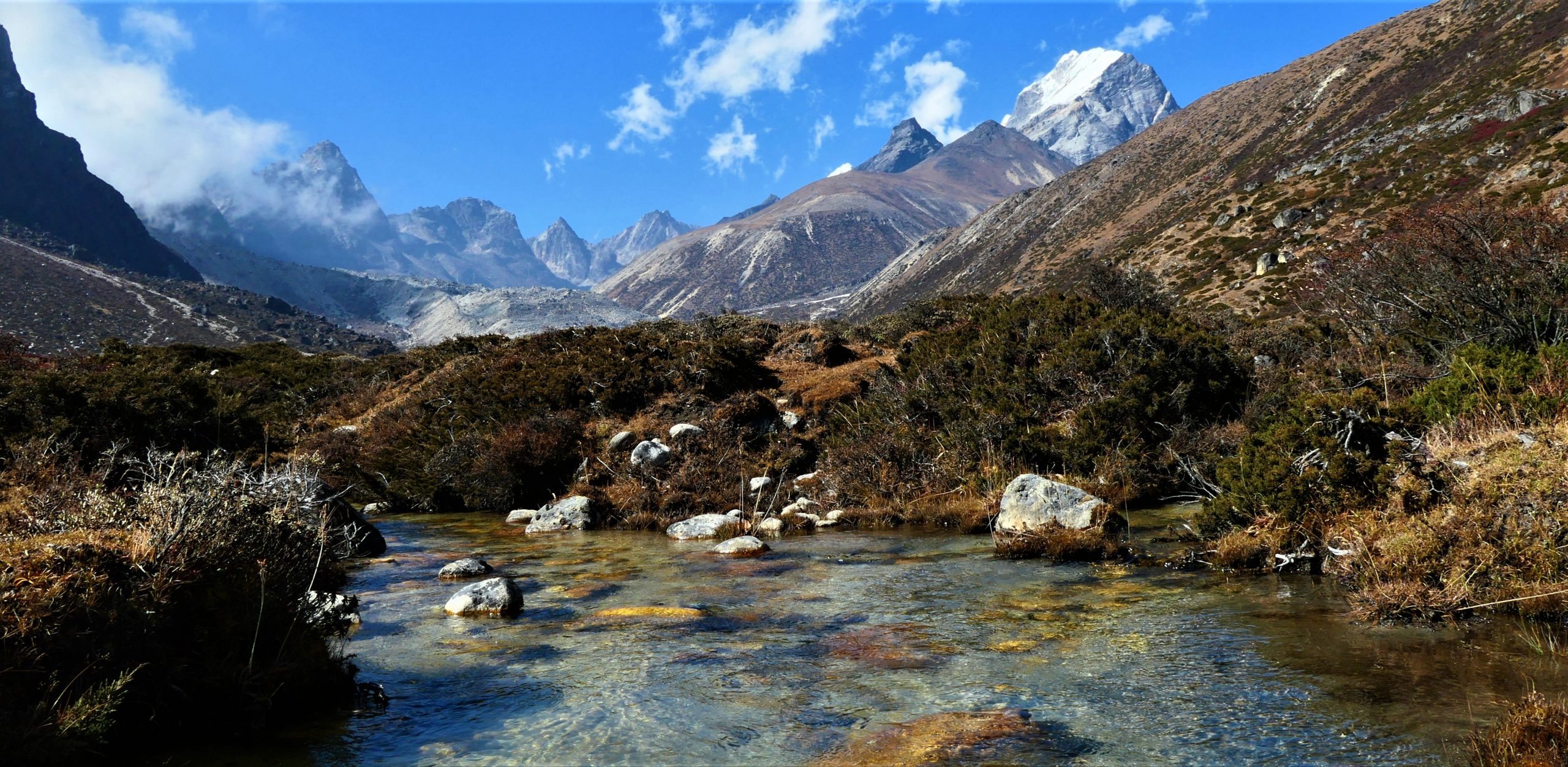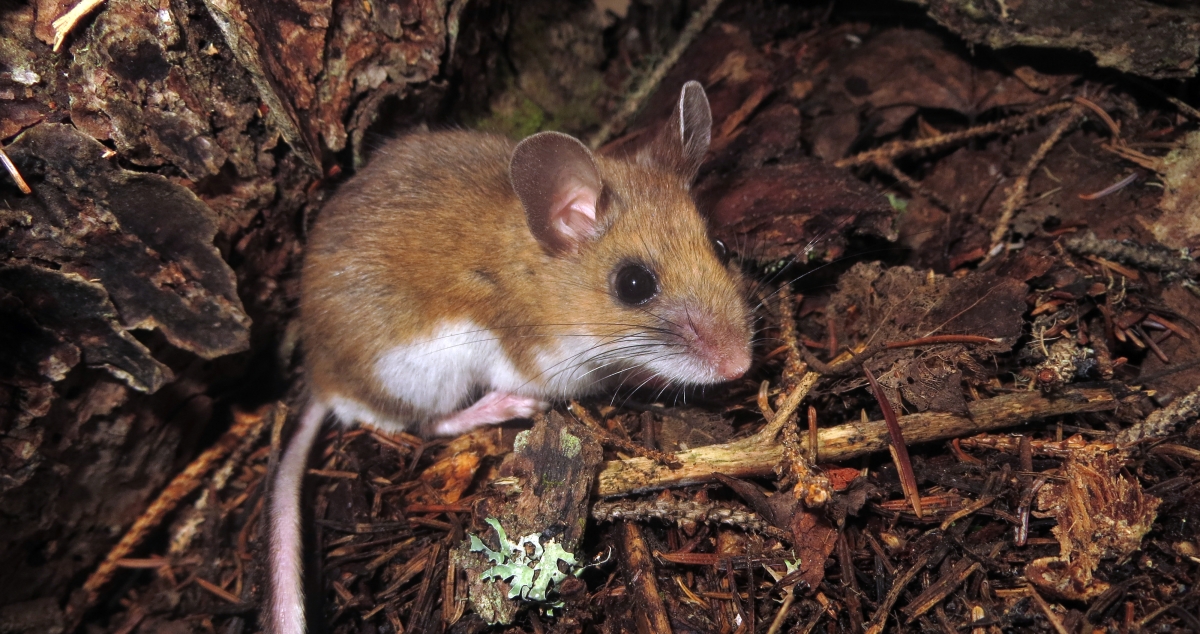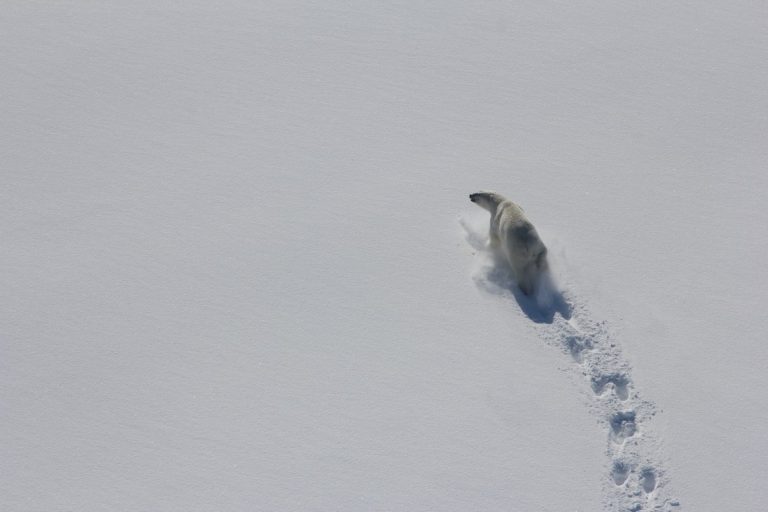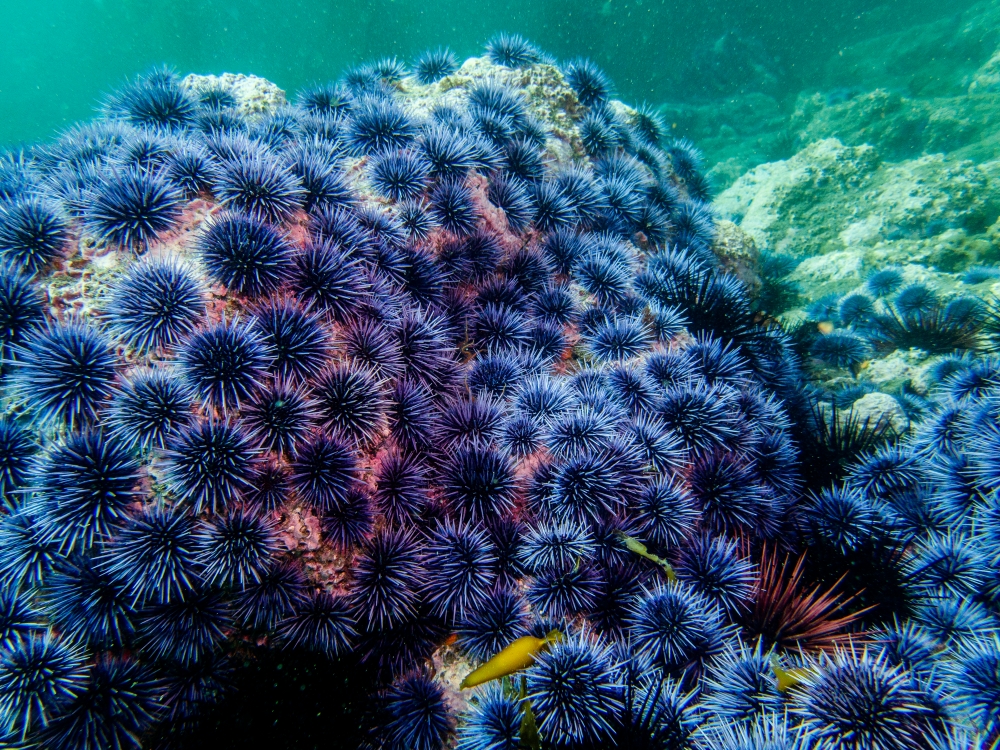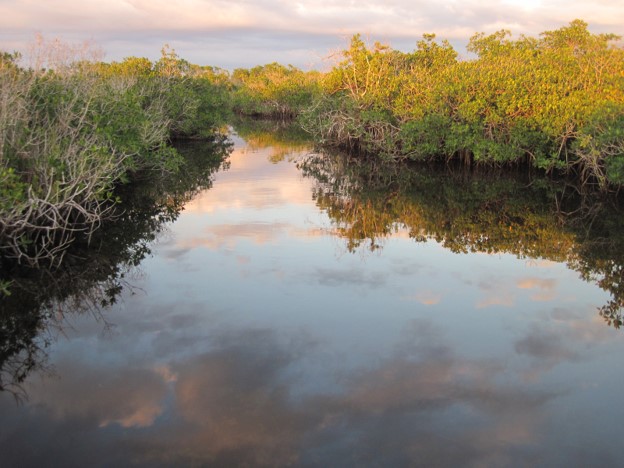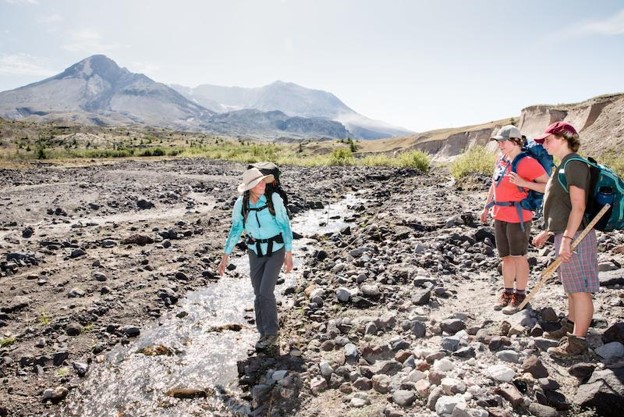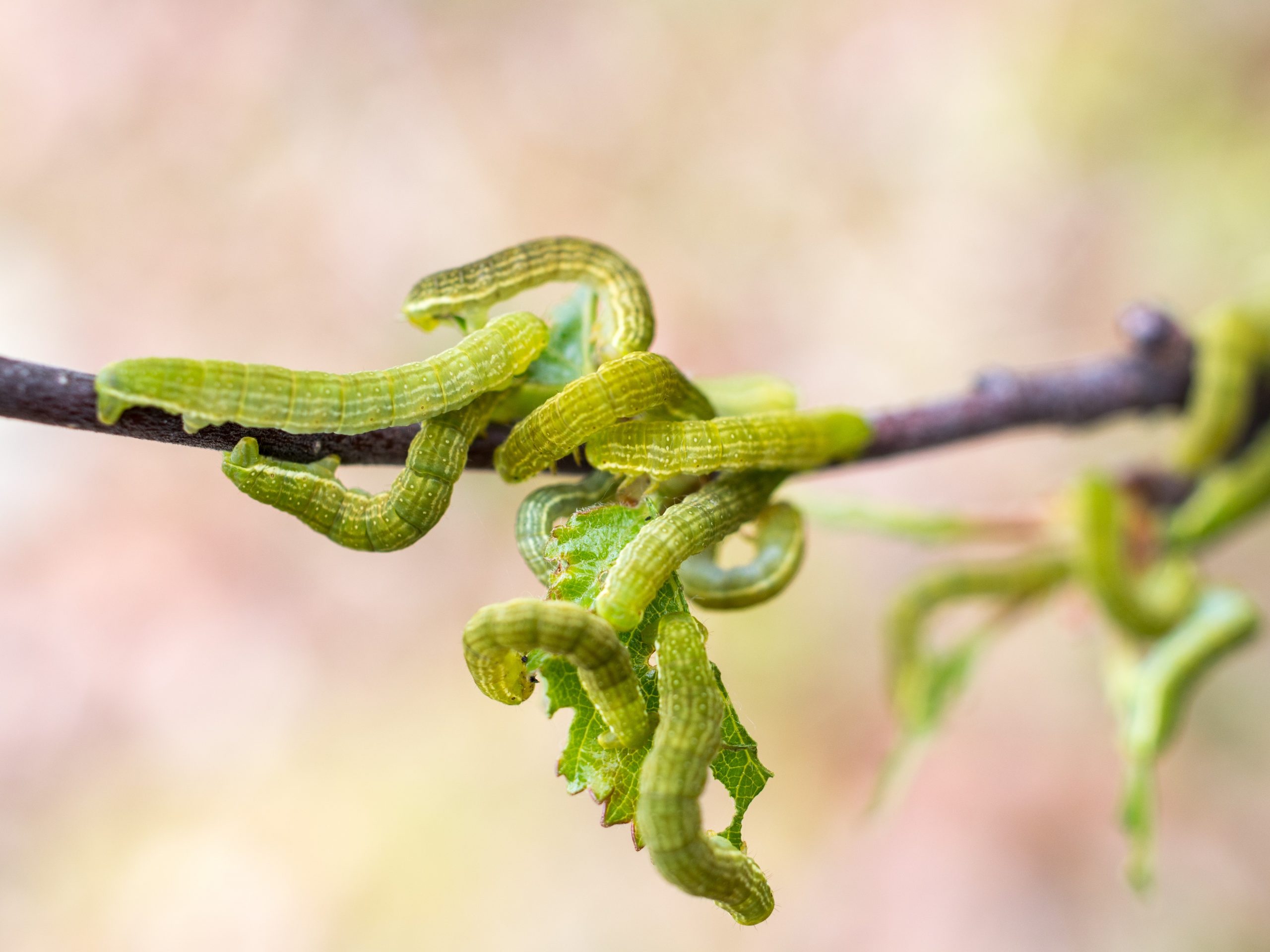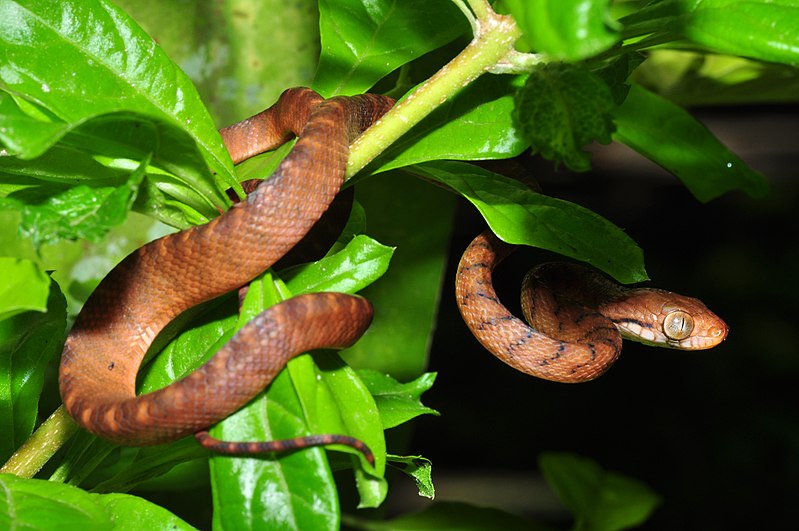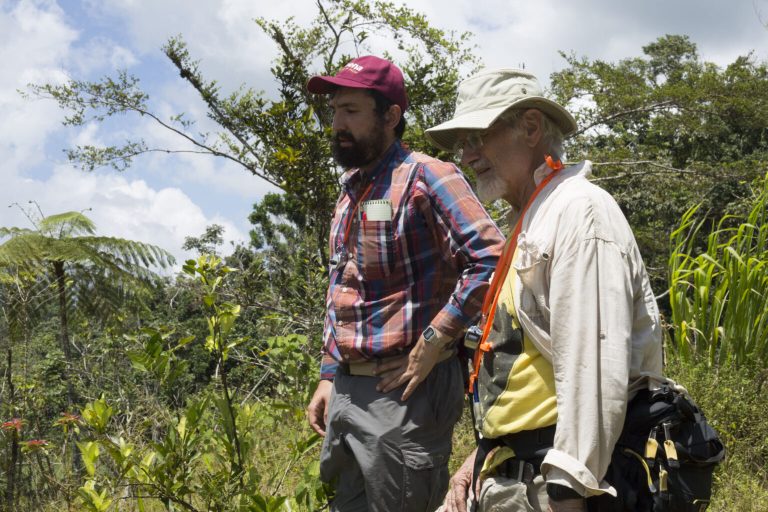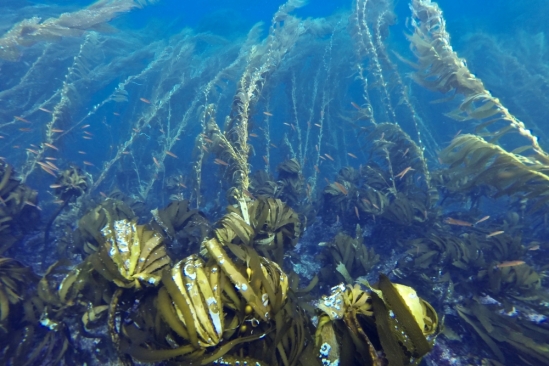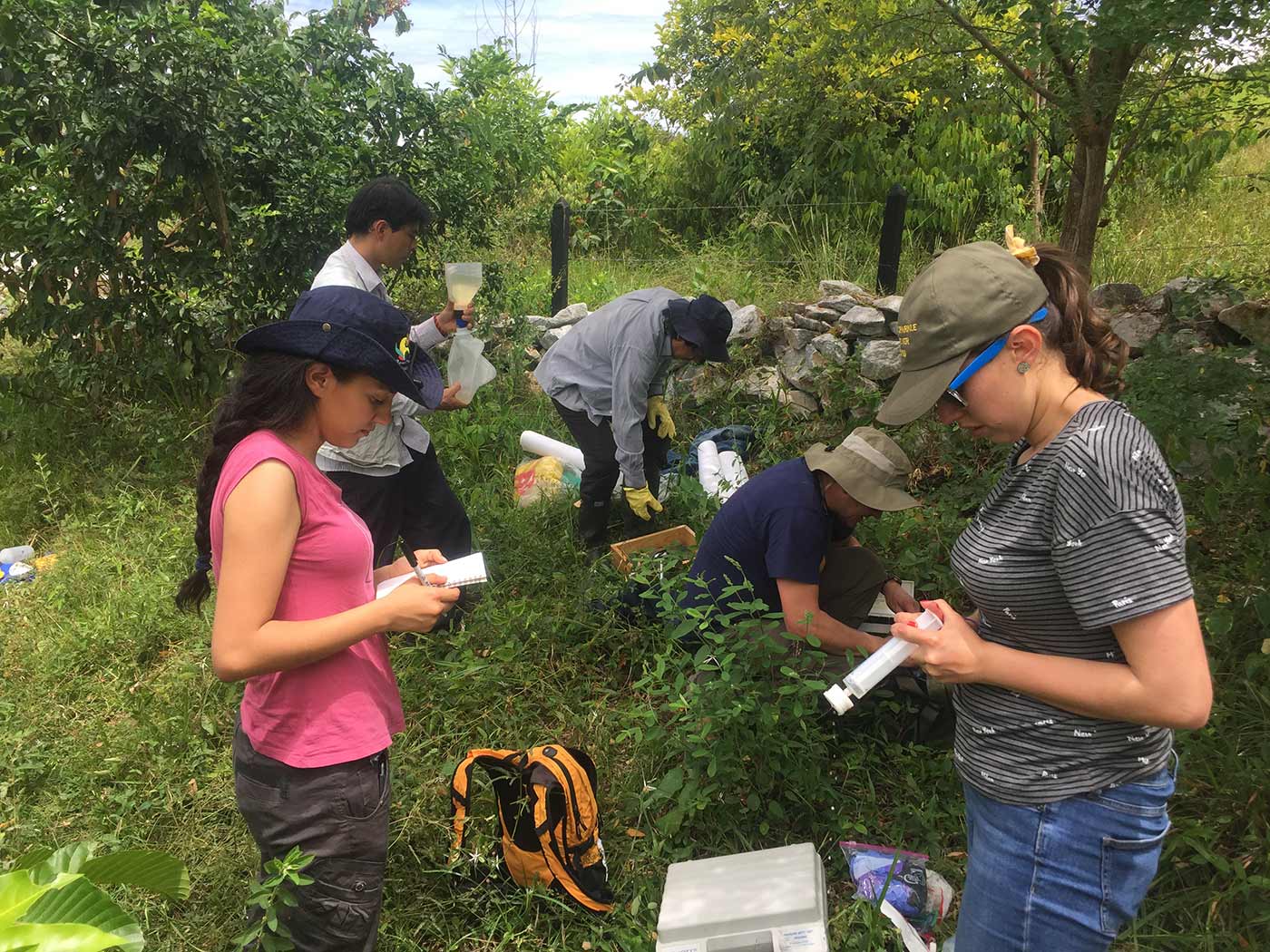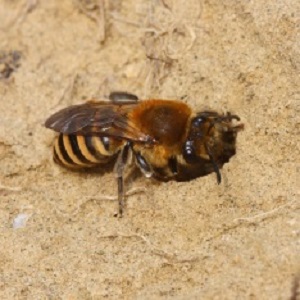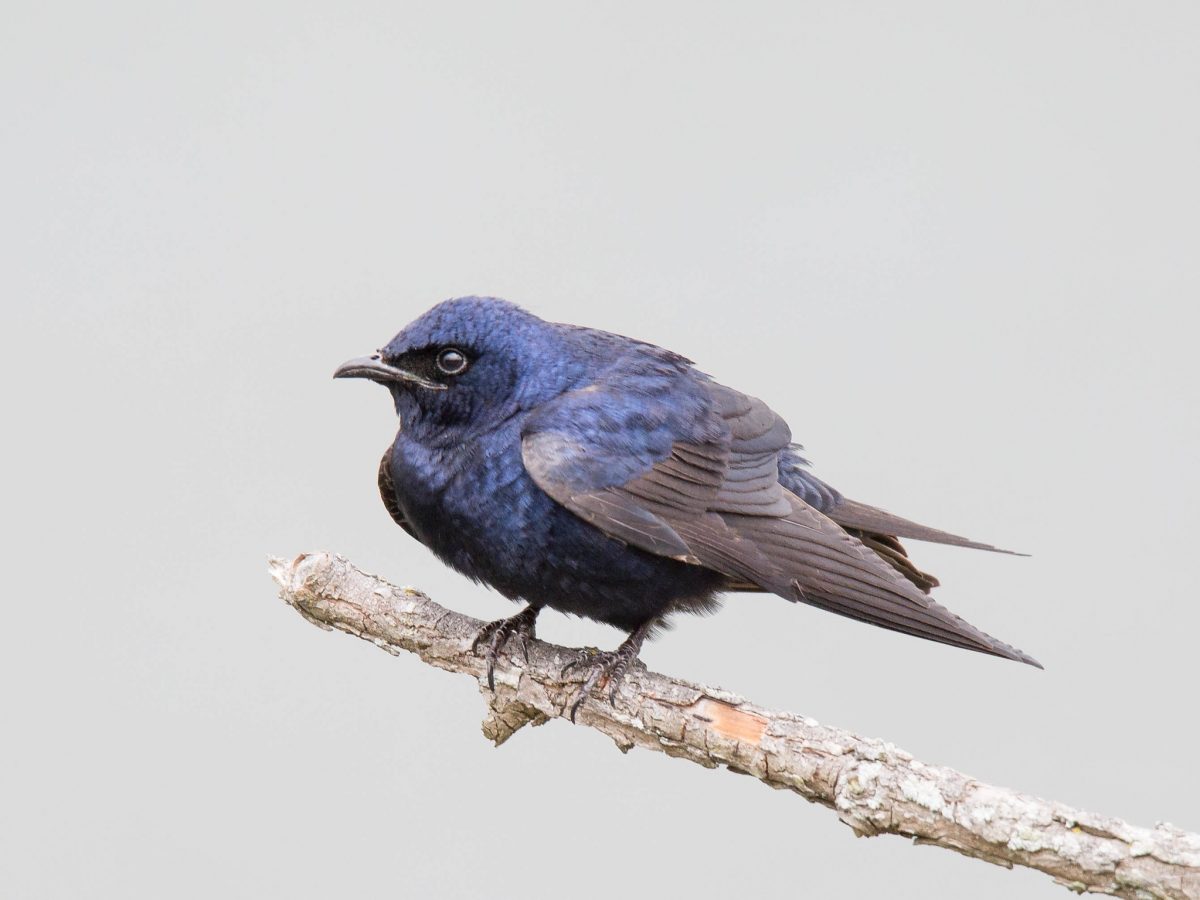
Not Falling Far from Tree: USU Ecologist Studies Seed-to-Seedling Transitions
By Utah State University 2/27/2020 Utah State University ecologist Noelle Beckman and colleagues Philippe Marchand of the University of Quebec, Liza Comita of Yale University, Joseph Wright of the Smithsonian Tropical Research Institute in Panama, Richard Condit of Chicago’s Field Museum of Natural History and internationally renowned ecologist Stephen P. Hubbell of the University of California, Los Angeles, explore these questions…
